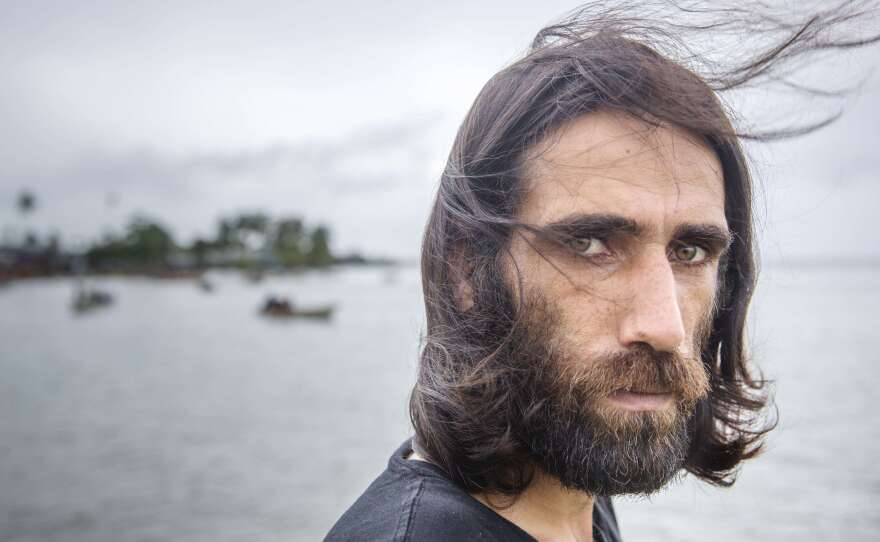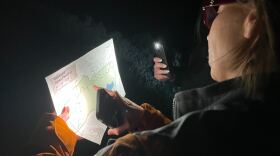In some ways, the fact that Behrouz Boochani touched down in New Zealand on his way to a literary festival is unremarkable. His memoir, No Friend but the Mountains, won Australia's richest literary prize earlier this year, after all, and presenting at such festivals is a pretty standard item on any celebrated writer's itinerary.
But this trip represented something unfamiliar for the Kurdish-Iranian journalist: his first glimpse of freedom in six years.
Boochani, 35, fled security forces in Iran — first for Indonesia and then Australia, where he sought asylum as a refugee. But he never made it to the Australian mainland. Instead, he has been held since 2013 in an offshore detention facility based on Papua New Guinea, along with hundreds of other asylum-seekers.
It was there that he wrote his prize-winning memoir in a series of WhatsApp messages, which he composed in Farsi and sent to a translator to organize. And it was there that he had to record his acceptance speech for the 2019 Victorian Prize for Literature, unable to accept the award in person.
Now, after obtaining a visitor visa to New Zealand and permission to leave Papua New Guinea for the first time, Boochani says he will never go back.
"I just arrived in New Zealand," he said Thursday in a rather understated announcement on Twitter. He plans to speak about his memoir at Word Christchurch on Nov. 29. "So exciting to get freedom after more than six years."
In an interview with The Guardian shortly after he arrived at Auckland Airport, a grinning Boochani found a few more words for the newspaper.
"For the first time, I was thinking that I survived, you know? When I was in [detention centers on] Manus or Port Moresby, I didn't think about this. I was thinking about, you know, getting freedom, [trying to] affect Australia, challenge Australia or make people aware of the situation," he said.
"But I think it is the first time that I feel that I am happy because I survived."
For years, Boochani has sought to shed light on the plight of asylum-seekers like him who have languished in a kind of purgatory off the coast of Australia. The country struck a deal with Papua New Guinea in 2013 to forcibly hold asylum-seekers in what the Australian government has labeled "offshore processing centres" — and what others have called sites of "indefinite despair" or outright torture.
"So much about the Australian policy, the border politics in Australia, is surreal," Omid Tofighian, the translator who helped compose Boochani's memoir, told NPR earlier this year. "You know, it has this really absurd quality about it and this kind of unfathomable nature to it — and it's also horrific."
Despite New Zealand's standing offer to resettle many of these refugees, and despite Papua New Guinea's own repeated objections, Australian authorities have argued that closing the facilities would undermine the country's border security. However, there have been recent signs that their closure might now be on the table.
"It's a work in progress, but both governments have agreed to establish a schedule going forward and for us to find some closure on the Manus asylum seekers," Papua New Guinea's prime minister, James Marape, said earlier this year at a joint news conference with Australian Prime Minister Scott Morrison.
"Common decency will apply to those human beings that are with us in Port Moresby and Manus right now," Marape added.
As for Boochani, his visa is slated to last one month. He hopes then to resettle in the U.S., but he remains unsure about his prospects of doing so.
At least for the moment, he told The Guardian he has a goal that's a little more easily attained: "I think I should have a smoke first," he laughed.
Copyright 2019 NPR. To see more, visit https://www.npr.org.






